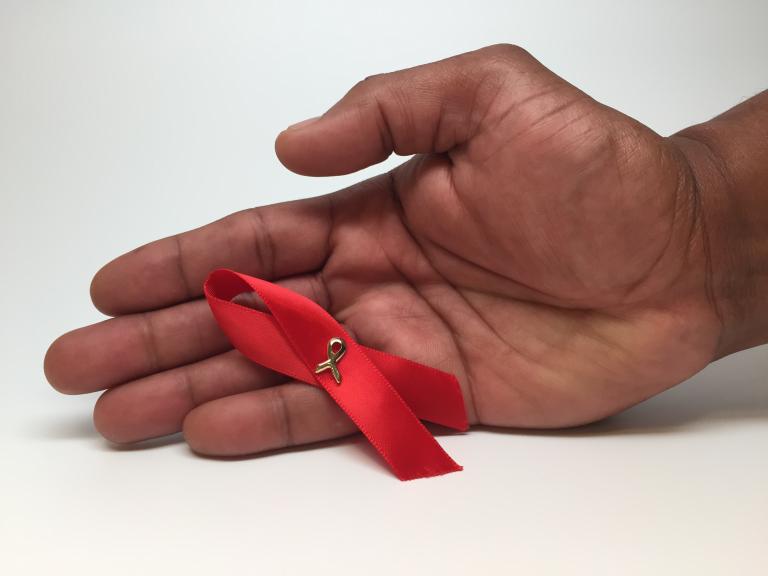NIAID and the National Institutes of Health (NIH) Warren G. Magnuson Clinical Center conduct clinical research on HIV, chronic viral hepatitis (hepatitis B and C), emerging infectious diseases, and other immunological disorders.
This joint research program is part of the NIH, the world's largest medical research institution, which is operated by the federal government.
Featured Trials

HIV+ Long-Term Non-Progressor Study
Long-Term Non-Progressors - a small group of people who are HIV positive yet remain healthy for long periods of time without medications - can help researchers at NIH determine how their immune systems control HIV disease. This knowledge is critical for developing new treatments and vaccines.
Clinical Trials Sponsored by the HIV and Emerging Infectious Diseases Clinic
The clinical trials and studies conducted by the HIV and Emerging Infectious Diseases Program change frequently, but you can see a list of all current clinical trials and studies being conducted by the HIV and Emerging Infectious Diseases Clinic on our Find a Clinical Trial page.
Some of the research studies at the NIH Clinical Center involve promising new treatments that may directly benefit patients.
What Is a Clinical Trial?
A clinical trial (also clinical research) is a research study in which people participate as volunteers.
A research study is a scientific investigation to achieve a complete understanding of a topic.
Carefully conducted clinical trials are the fastest and safest way to find
- Treatments and medications that work in people
- Ways to improve health
There are strict rules for clinical trials, which are monitored by
- National Institutes of Health (NIH)
- Food and Drug Administration
Basic Facts About the Clinical Trials
- The trials are located in Bethesda, Maryland.
- Some trials are only for people in the local area, but most permit people from anywhere in the United States to enroll.
- Some travel costs may be covered.
- There is no cost for study-related medical care or medicines.
- People can be referred to a clinical trial by their personal physicians, or they can refer themselves.
- There may be some compensation for time and inconvenience.
Why Participate?
Participants in clinical trials are
- Seen by a team of expert doctors, nurses, technicians, and support staff
- Often the first to receive promising new treatments before they become available in the community
- Helping others with the same disease—both today and in the future
Participants in clinical trials can
- Play a more active role in their own health care
- Potentially gain access to new research treatments before they are widely available
- Help others by contributing to greater medical knowledge
Read More About the Research
Learn more about the research conducted at NIAID to fight HIV and other emerging infectious diseases
What is it Like to Participate?

I’ve realized that our only hope of truly curbing [the HIV/AIDS] pandemic is the discovery of a vaccine. This is why I fight.
– Kymone Freeman
Read more about participating in the Participant's Guide to Clinical Trials
Read some Participant Testimonials to see more about what its like to participate.
You can also watch a series of short informational videos from Health and Human Services about participating in clinical trials.
Contact Information
Volunteer or get more information
Toll free: 1-800-411-1222
TTY: 1-866-411-1010
Se habla español
Email: prpl@mail.cc.nih.gov

